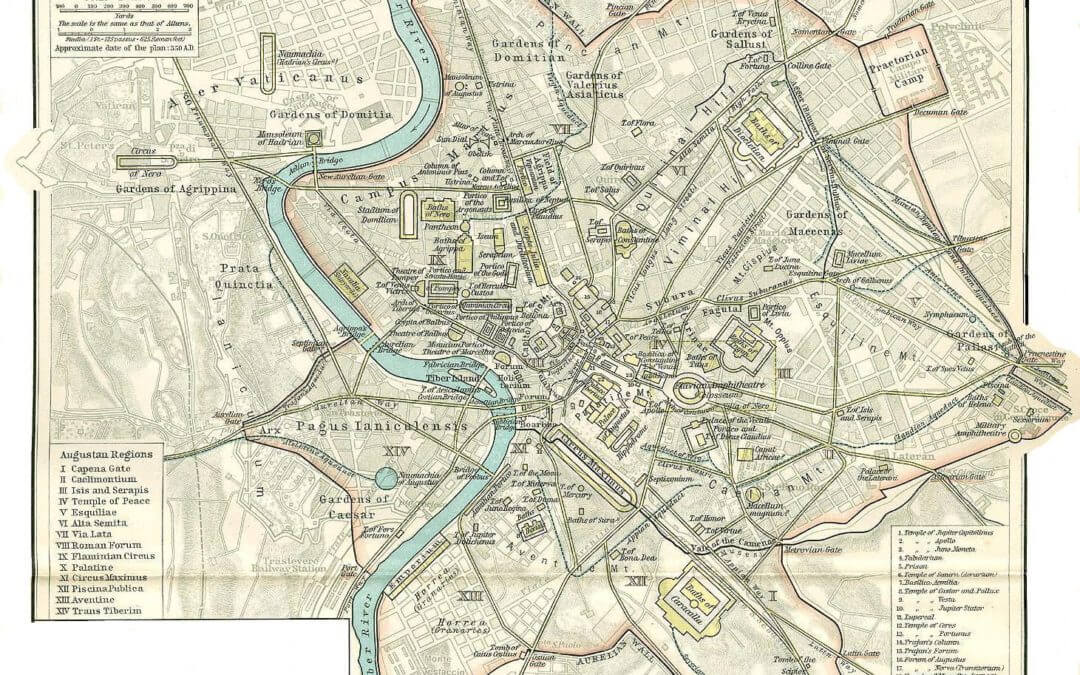
by Jennifer Krebs | May 16, 2019 | Books, Uncategorized
Rome: A History of Seven Sackings, by Matthew Kneale
This book seemed like a fabulous idea – how Rome’s been changed by invaders and wars – what it looked like before the invasion; what society was like, and how it was changed by seven invasions. The author stated that he thoroughly enjoyed writing the book. I read it in preparation for a trip to Rome next month. While I learned a lot I found myself lacking maps.

by Jennifer Krebs | May 16, 2019 | Books
Truth in Our Times: Inside the Fight for Press Freedom in the Age of Alternative Facts, David E McCraw
While still in the preface, I was so upset by McCraw’s questions about the fate of the US, I almost put the book down. I’m glad I persevered because the New York Times on a day-to-day basis is a fascinating place. McCraw, a former journalist, is a NY Times lawyer. As the book blurb on the publisher’s website states: “If you’ve read a controversial story in the paper since the Bush administration, it went across McCraw’s desk first. From Chelsea Manning’s leaks to Trump’s tax returns, McCraw is at the center of the paper’s decisions about what news is fit to print.” McCraw tells a very good story. For me the main take-away is that the blurring of fact and propaganda is a constant in our society.

by Jennifer Krebs | May 16, 2019 | Books
Madame Foucade’s Secret War, by Lynne Olson
I picked this book up after reading the New York Times’ review of it, which used words like “fast-paced” and “gripping” as well as “impressively researched.” I wasn’t so gripped (more later), but definitely intrigued enough to finish the book.
Marie Foucade (as well as her two husbands and a wartime lover) was a French spy for the British intelligence service. She was not a Gaullist, and largely post World War II (as we learn in the afterwards), it was primarily the Gaullist resistance that was credited as heroic (the Communists had their own lists publicized by their party). Foucade was a right-leaning anti-Fascist/anti-Nazi from an upper crust background.
Foucade selected and trained dozens of agents from all walks of life. She lead an entire section: gave assignments, dealt with captured comrades, saw many of her team arrested, tortured, killed. She escaped from prison herself. Though she was afraid that comrades wouldn’t respect her because she was a woman, largely this was not born out. She was trusted and revered by the British, her French comrades, and eventually post-war, the French nation. Chirac ok’ed her burial in Les Invalides in Paris, where Napoleon and other French military heroes are buried. There are few other women buried there – she was the first.
In spite of the eventful life she read, the book was a bit too “and then…” rather than moved by her motivations. Maybe I’ve been reading too much Robert Caro. It was only in the post-script that I learned that she was a rightist. Perhaps I was dense not understanding that since she had money and personally knew DeGaulle and Reynaud, top brass from the elite French military school, she must have leaned right. Anyhow, I would have appreciated a bit of background earlier in the book about the politics swirling in pre-war, early occupation France.



